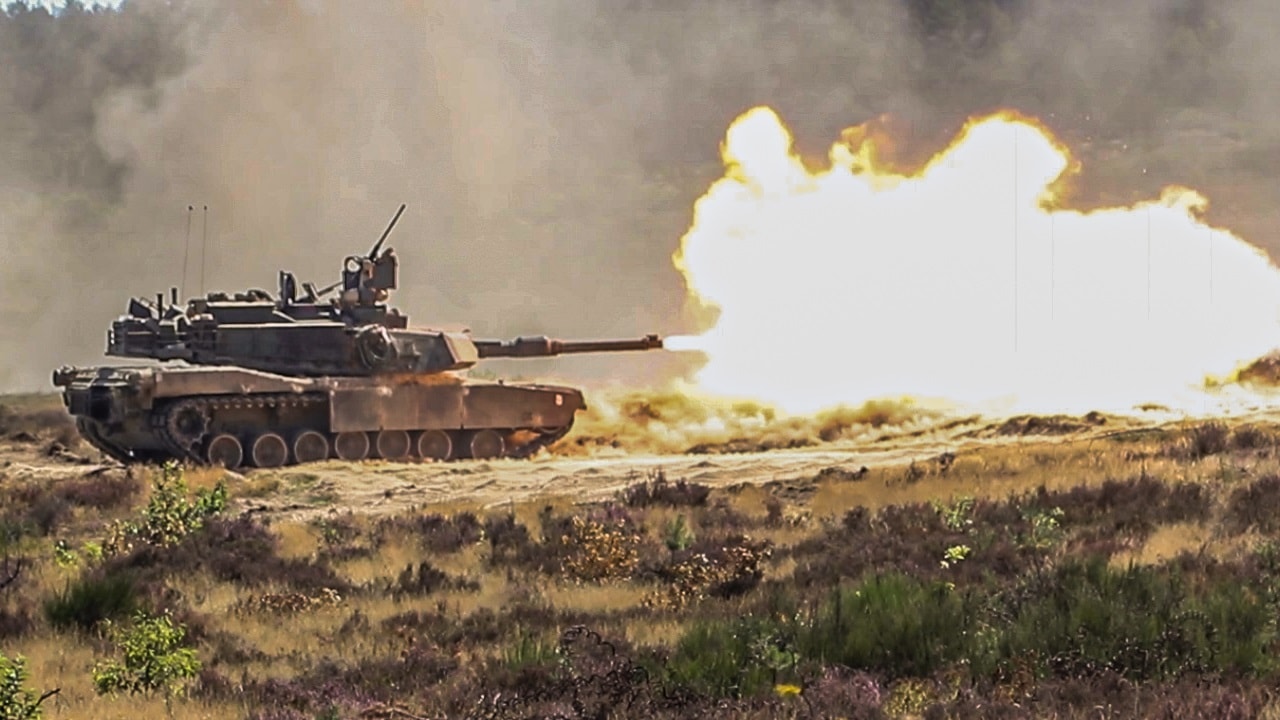NATO Needs to Demonstrate a Backbone after Poland Attack: Russian missiles reportedly fell inside Poland, killing at least two Poles in Przewodów.
Details are still coming in, but three quick thoughts:
First, it is crucial to assure Poland and NATO’s eastern bloc that the United States does not differentiate between them and NATO’s founding members.
There should be no difference between a strike on Przewodów and one on Paris or Providence. When the late Secretary of Defense Donald Rumsfeld spoke two decades ago about Old Europe and New Europe, he struck a nerve. For too long, those countries like Poland, Romania, and the Czech Republic that won their freedom with the end of the Cold War have felt that some NATO members consider them second tier. Diplomats have long tried to paper over this tension, but now is the time to show every new NATO member that there is no second tier. The fact that the missiles struck Poland should not be a reason for a more muted response.
Second, the attack on Poland is not unprecedented. Up until two decades ago, when I entered the Pentagon and fell off the lecture circuit, I would regularly travel to the George C. Marshall Center in Garmisch-Partenkirchen. Often, I would lecture to Foreign Area Officers in a room dedicated to Maj. Arthur D. Nicholson, Jr., an unarmed American officer shot by a Soviet soldier while on a sanctioned observation mission in Potsdam, East Germany. U.S. officials at the time believed the murder was no accident, but was instead a Russian test of America’s Cold War mettle. Only in 1988 did the Soviet Union officially apologize for Nicholson’s death. While Nicholson’s shooting sparked a crisis, then as now, not every crisis—even one deliberately provoked—means inevitable escalation to nuclear war. What is important is to hold Russian leaders to account.
This leads to point three. As a collective defense organization, NATO operates by consensus. Its leaders can choose from a range of options to apply. In this case, as it is not clear that Russia deliberately targeted Poland, NATO has greater flexibility to respond. Indeed, NATO should demand Russia apologize and pay compensation to Poland and the families of those killed.
At the same time, such accidents do not occur in a vacuum. In solidarity with Poland, it is time for a mass expulsion of Russian diplomats from NATO countries. This would fall short of severance of relations: Let one or two diplomats remain for communications, but everyone else should go home. Russia would respond reciprocally, but the rebuke and isolation they seek would send a signal to the Russian people about the cost of their aggression. Turkey, which profits greatly from the Ukraine War and is a sanctions-busting hub for Russia, may object. But President Recep Tayyip Erdogan’s cynicism should be no excuse for inaction. Every NATO member can also act independently as a sovereign country and then, as necessary, take action against Turkey as well.
The overriding point, however, is to stand with Poland unabashedly. They are not only the frontline with Ukraine but the frontline for the free world.

